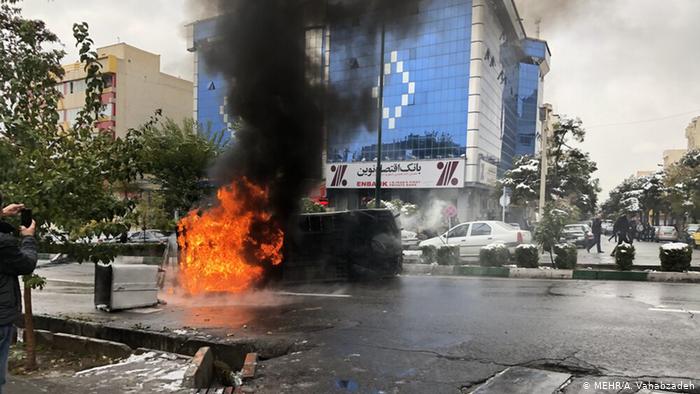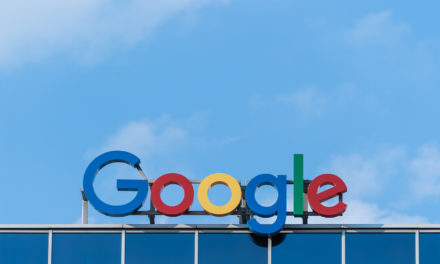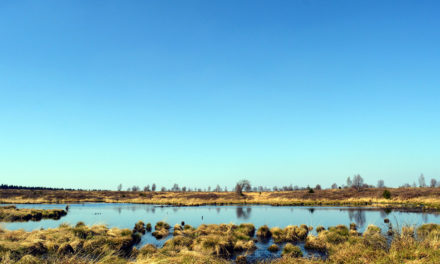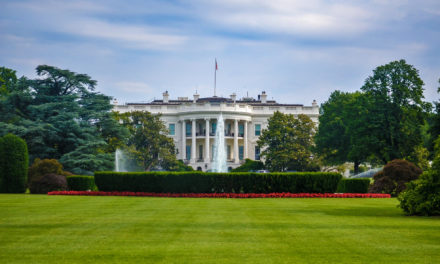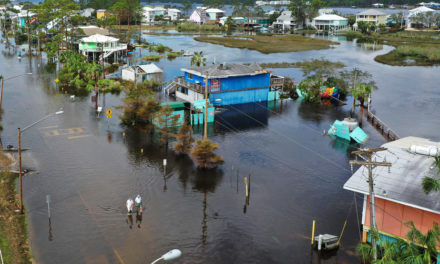The digital age has produced some remarkable developments in modern history. The Arab Spring, Occupy Wall Street, Brexit, and #MeToo are only some movements that have seen a surge in global awareness with the help of social media.
As social media plays an increasing role in global politics, University of Sussex political journalism professor Ivor Gabor spoke to Truly Belong about the relationship between the two.
“Social media has a growing importance across the world, at least in democracy,” Gabor said. “It is a significant means of communication.”
But it’s also a double-edged sword
As useful as social media has been as a tool for democracy, it has also been used by authorities to suppress it. Election interference in the United States, the growth of misinformation, and big data breaches through social media platforms have sent shockwaves around the world.
And in recent years, government tactics to restrict internet usage access has also become common.
On Saturday, almost the entire country of Iran, with a population of over 80 million people, was cut off from the internet after violent clashes between protesters and authorities. The blackout has been called the “largest internet blackout ever observed in Iran” by Oracle’s Internet Intelligence.
Amnesty International said that it had received reports that over 100 protesters in 21 cities have died after taking to the streets to denounce the government’s 300% hike in gas prices.
‘Social media is not the cause’
According to CNN, the orders for a blackout came in on Saturday evening and continued through Monday. Social media images and videos showed gas stations, government buildings, and banks being set ablaze. Chants of “down with Khomeini”, addressing the country’s Supreme Leader Ayatollah Khomeini, were heard in the background.
Gabor said it’s important to note that social media is not the cause. “Social media at heart is based on social experience. People don’t go on the streets because of a tweet. They go on the streets because they’re hungry, they haven’t got a job, they feel a burning sense for justice,” he said.
The widespread anger of citizens was a response to the increase in fuel prices. The economy has also been reeling after US President Donald Trump abandoned a nuclear deal with Iran and reinstated sanctions. The move led to the collapse of Iran’s oil exports and saw the value of the Iranian rial plummet, causing prices of basic and essential goods to soar.
Why do governments interfere with social media?
Gabor explained that information is power in countries with political instability, those who have access to that information attain power.
According to Ofcom’s annual news consumption report, more than half of adults in the UK now use social media to keep up with the news.
“Governments want to have a monopoly on information so they can have a monopoly on power. They wish to disenfranchise and disempower the citizens. They wish to cut off the protests. They want to make sure they know what’s going on and only they know what’s going on,” Gabor said.
It’s been done before
In the ongoing protests in Hong Kong, China removed certain apps, websites and VPNs that acted as a means of communication for protesters or posted coverage of the demonstrations.
In 2011, Egypt cut off internet access entirely for several hours. Myanmar also did the same in 2007.
Most recently, India blocked internet access in Indian-controlled Kashmir for more than 100 days.
Does it work?
“I would be reluctant to say it works. Governments certainly think it will work,” said Gabor.
One journalist in Iran managed to tweet to the outside world by using a proxy server – which is a gateway with its own IP address that your computer knows. When you send a web request, your request goes to the proxy server first, which then transmits the data. After several dozen attempts, he succeeded.
Internet access is also possible with a satellite or roaming SIM cards.
However, these methods may not work or may be monitored by authorities.
“Information is crucial in these situations,” Gabor said, “and social media speeds it up.”
Read more: The Rise of Protests Across the World and Why They’re Happening
- Travellers are Rethinking Flying as Flight Shaming Takes Off - 1st March 2021
- Oxford-Backed Project Connects Partition Survivors to Their Ancestral Homes - 22nd February 2021
- Helping Your Own: A Young Aslyum Seeker Explains the Importance of Volunteering in the COVID Era - 7th September 2020

